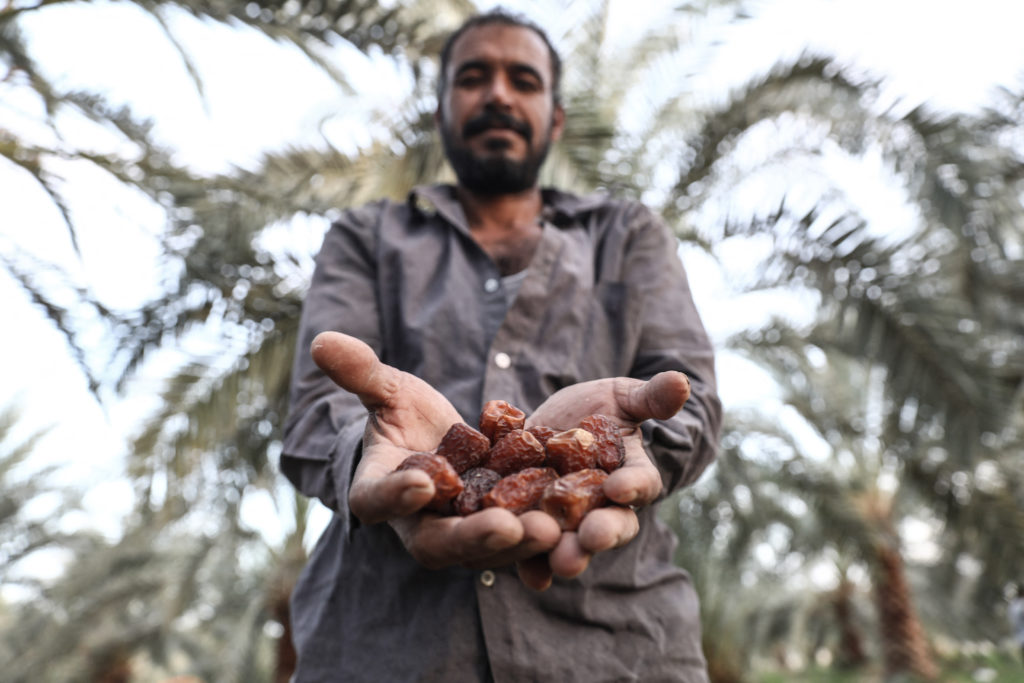Cairo – Egypt’s Food Industry Export Council aims to increase the country’s date exports to over USD 100 million by 2024, advancing from the USD 40 million in revenue last year, taking advantage of growing global demand.
Mohammed Al-Qarsh, head of the council’s dates working group, said work was underway with the Egyptian General Authority for Standardization and Quality to define specifications and standards for Egyptian dates and their by-products such as paste, molasses, and powder, the latter being an alternative to sugar.
The focus of the export expansion will be the European and South American markets, which currently buy around 44,000 tonnes a year of the Egyptian fruit. New species, such as Al-Medjoul and Al-Barhi dates, are being cultivated to obtain more suitable products for exports. The Council also aims to increase the added value of exports, offering derivatives, such as powdered dates, and improving packaging.
Amjad El-Kady, executive director of the Food Industry Technology Center, said within the country’s strategy to develop the date sector, it seeks to achieve community, agricultural and industrial growth, given Egypt is the world’s largest producer of dates, with a volume of 1.7 million tonnes per year. However, only 17% of the produce is exported.
Dates at Food Africa
During Food Africa, a food sector show to take place in Egypt from December 12 to 14, the event “Dates Africa” will be organized for the second time, bringing together 24 date exhibitors from the United Arab Emirates, Sudan, and Saudi Arabia, as well as Egyptians.
During the press conference organized by the Export Council for the Food Industry last Sunday (5) to discuss Food Africa, El-Kady informed bilateral meetings would be held between exporters and importers, as well as scientific meetings and seminars for best agricultural practices in the date sector and the reduction of waste.
Learn more about dates:
El-Kady said the government has been working on expanding the construction of climate-controlled warehouses for dates in the Bahariya Oasis, with a capacity of 4,000 tonnes. The rehabilitation of factories in Siwa was also carried out, and a date complex was established in the province of Al-Wadi Al-Jadid.
He mentioned an agreement was made to use second-class dates for the industrial production of 40 by-products, such as molasses, powdered dates, paste, biscuits, among others. El-Kady also reported that 30 date-based school meals in Egypt would be provided; however, the coronavirus pandemic has led to the project’s suspension, which is expected to resume soon.
Leading production
The deputy executive director of the Food Industry Export Council, Tameem El-Dawy, said total date exports totaled USD 1.9 billion a year. Egypt ranks 12th globally and seeks to increase its position as an exporter of the product by introducing new date by-products.
He highlighted investments in new varieties would bring results in six to seven years and help solve problems such as the domestic infestation by insects. El-Dawy explained research is being carried out, coordinated by the Agricultural Research Center of Egypt, for the biological control of date palm pests; two Trichogramma laboratories will be opened, one in the Bahariya Oasis and the other in Siwa.
Translated by Elúsio Brasileiro




